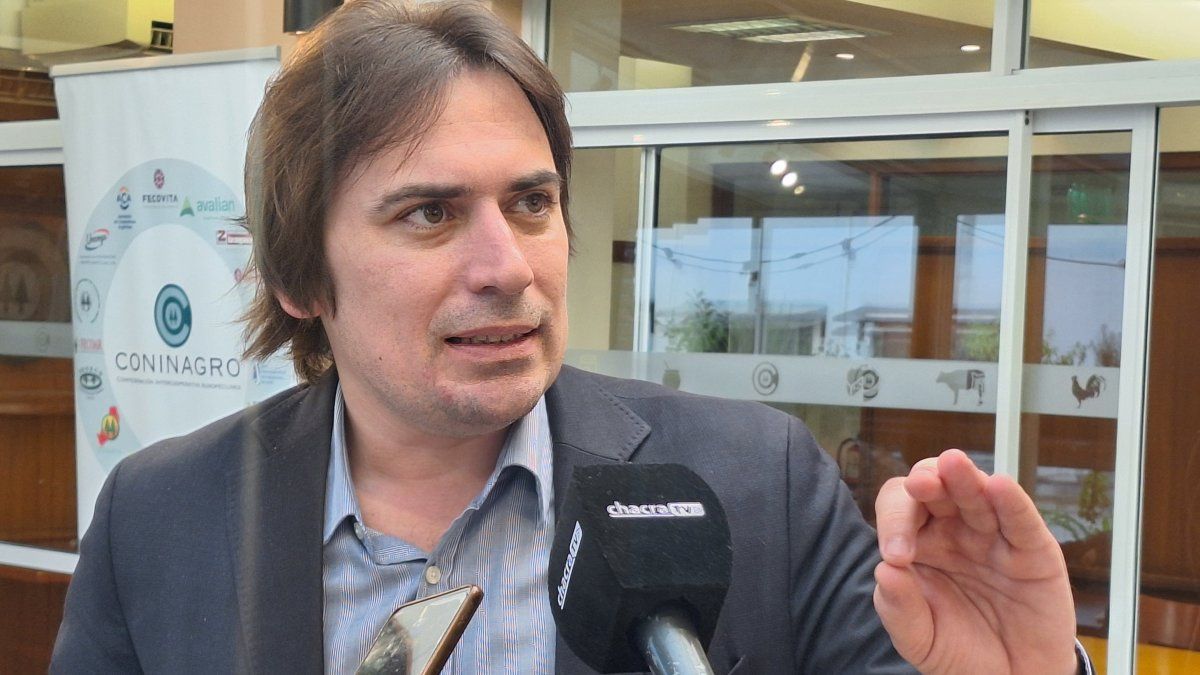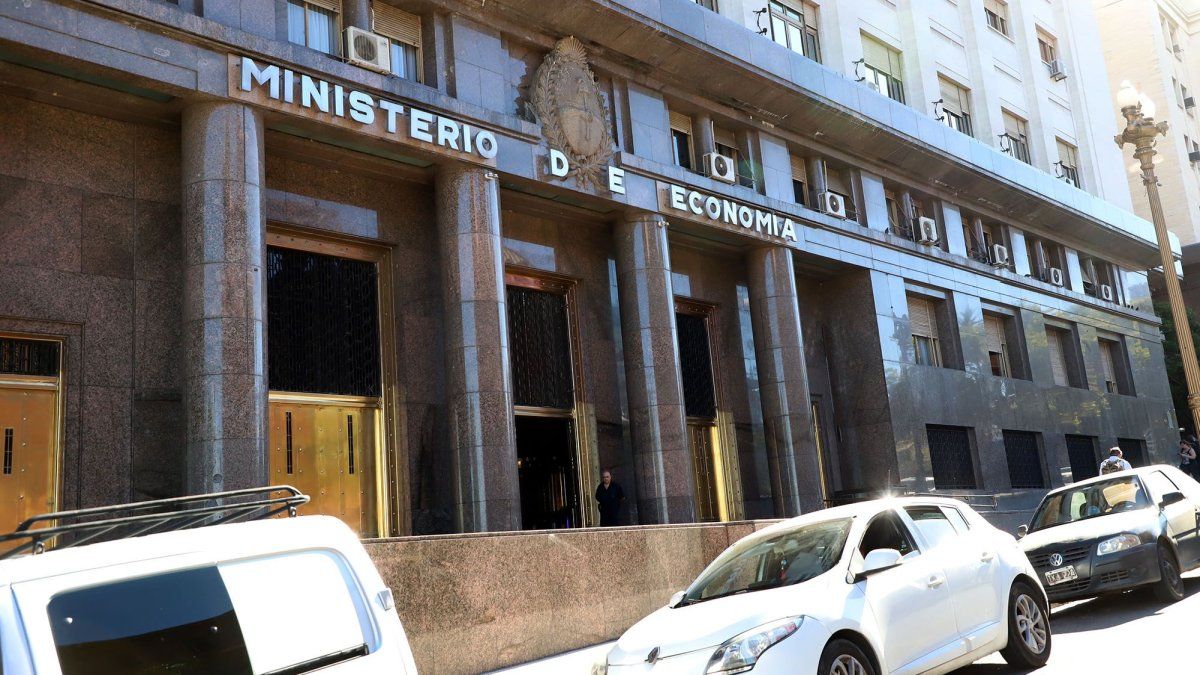The Board of Directors of Coninagrotogether with the presidents of the Federations that make up the entity, decided that Lucas Magnano be – for the next two years – the one who takes the reins of the cooperative entity. Magnano is a Santa Fe producer from Villa Trinidad and in dialogue with Ámbito he referred to the current situation experienced by producers and industries in the country.
Journalist: You have to preside over an entity that is part of the Liaison Table, which in recent times has not had as much activity. Are you comfortable within that structure?
Lucas Magnano: For the moment I would say yes, I believe that the unity of the field is essential when generating new policies. We have so many things to do, I don’t need to list them for you, they are day-to-day things and those that are probably discussed at every coffee table, they are always the same topics, so I think that forging and trying to innovate in actions that holding the Liaison Table is essential to try to improve the situation and reality of the producer, throughout Argentina.
The Liaison Table at the time fulfilled a very important function, it may be that it needs some touch-ups, some modifications. I have not yet had the opportunity as president of Coninagro to meet with the rest, but it seems to me that it is a very important tool that perhaps we have to take advantage of more in the sense of the whole and what we abbreviate in it, which is the entire Argentine countryside. We must dialogue and work for the benefit of the producer, which is what we all aspire to, to achieve some results. It is an exceptional tool and probably needs to be improved but it is essential for the representation of the field.
Q: Whatand balance of Javier Milei’s first year?
LM: It’s not simple. I believe that a very strong change was carried out this year, especially macroeconomic, which significantly modified several relative prices in the economy, which means that the equation of the agricultural producer has been modified. This, coupled with the drop in prices, I think caused a quite dangerous cocktail, because we are going to have to develop new skills to continue carrying out our operations. We must look for an efficiency that probably in inflationary times one did not pay as much attention to. Now the focus will be on efficiency, on careful control of costs and on trying to generate some type of scale so that the smallest number of producers fall. We are in an important change of era in macroeconomic matters.
Q.: Milei announced improvements for some sectors of the field. Do you think more could have been done for the sector?
LM: It may or may not be, there are many things that we do not manage or it is not so easy for them to happen from one day to the next. It seems to me that Argentina has to work a lot on bilateral business agreements, lowering what we all know as Argentine tax, that does not happen from one day to the next and we are aware. If you ask producer Lucas Magnano, he will tell you that he probably expected much more. Now, because of where I am, I think it is not enough but it was done as much as current conditions allowed. Let’s hope they continue to improve because there is still a lot to do and that simplification, lowering tariffs or reducing different taxes do not stop. There are many things that can simplify the tax burden that production has to nourish and develop the activity. Giving signals is essential so that the producer begins to try to be increasingly efficient and produce greater volumes. If the government starts to give good signals, the producer will respond.
Q.: Productive entities notice a drop in profitability as a result of the drop in international prices. DeberWould the Government lower withholdings on any particular crop?
LM: We have a president who is an expert on the subject and no one is in a position to discuss anything with him, but there is something that is easy to understand: little by little we were connecting to regional costs and the producer’s sales prices are not regional. Here we have the costs and withholdings. We do not talk about the exchange rate, we do not know if it is late or advanced, but we do see some taxes advanced. I am sure that the government is doing everything possible to change them, I have great faith that it will begin to reduce them, the issue here is just a matter of time and I don’t knowand cuHow long will the producers have to continue putting up with this. Approximately 3 years ago, depending on the area, we were hit hard by the weather and other issues.
Q: Is there any urgency?
LM: The urgency is the same as always, I think that perhaps today we are not in a position to say what is less urgent, what is imperative is that In the short term, agricultural production begins to earn moneynot only for the subsistence of all producers, but because we have a great task which is to produce in a more environmentally friendly way and for that money is needed to reinvest in fertilization, in technologies that are necessary and that also the markets demand. For all this, it is essential that all productions are profitable.
Q: Should Milei meet with the Liaison Table?
LM: I believe that this is fundamental, not only Milei but all the presidents of the Nation should meet often with the Liaison Table or with the field entities. Argentina is a country that is highly dependent on agricultural production. The president often explains that in those moments where Argentina occupied the first places in GDP worldwide it was thanks to my great-grandfather, my great-great-grandfather, so that is where the need for a president to praise the sector comes from. Taking the political colors aside, I believe that the symbiosis between the presidency of the Nation and the rural entities should be a condition sine qua non to be able to carry out great management in a country where we all need to be better, not to take advantage but to do the best we can to develop Argentina. It would be a caress to all the producers, not to us for being seated at that table, it would be a wink to all those who live in remote places and continue to bet on production.
Source: Ambito
I am an author and journalist who has worked in the entertainment industry for over a decade. I currently work as a news editor at a major news website, and my focus is on covering the latest trends in entertainment. I also write occasional pieces for other outlets, and have authored two books about the entertainment industry.




